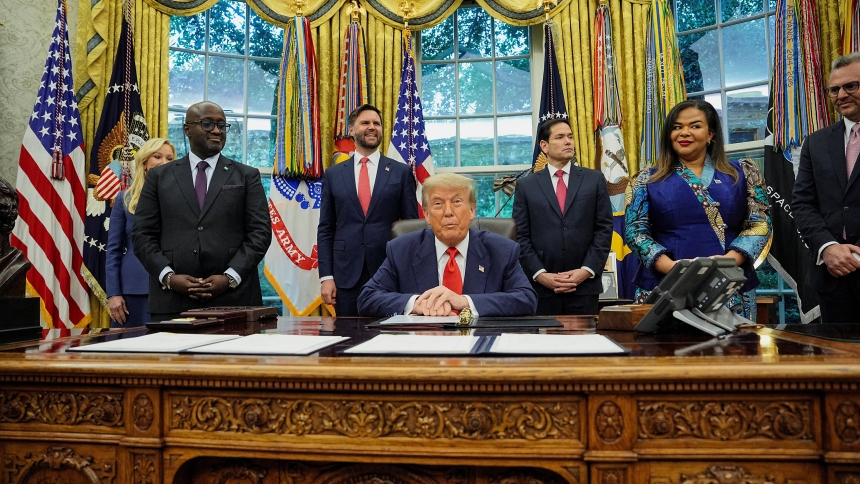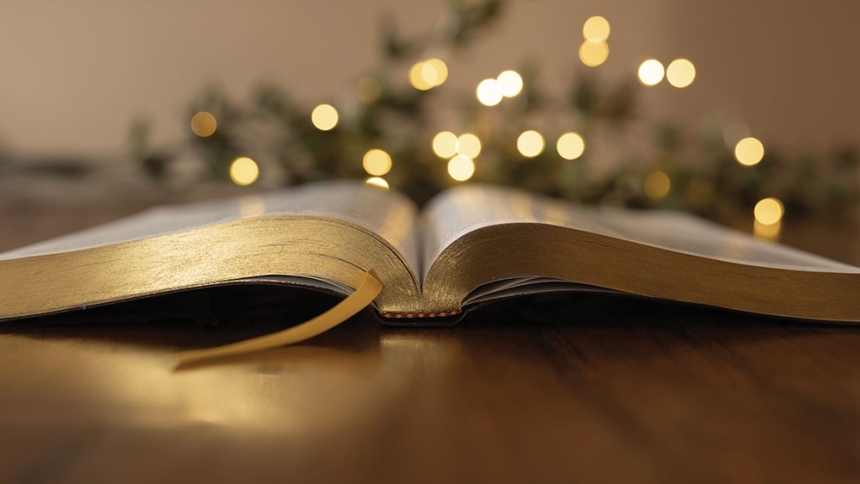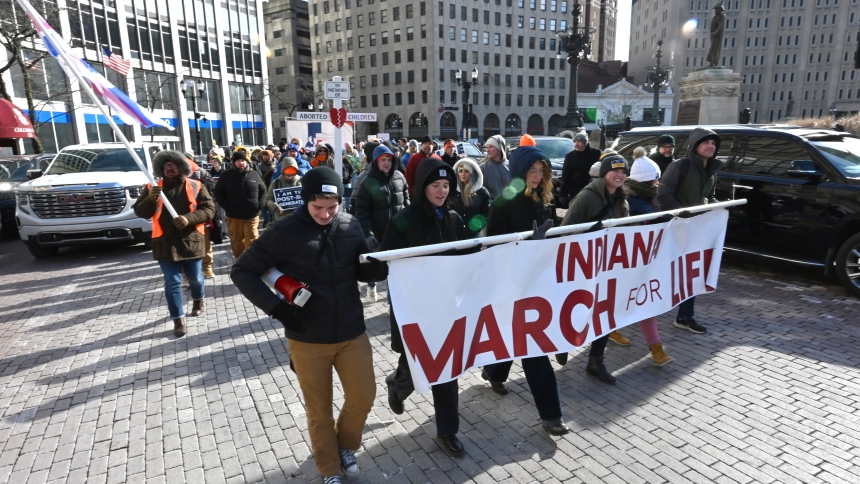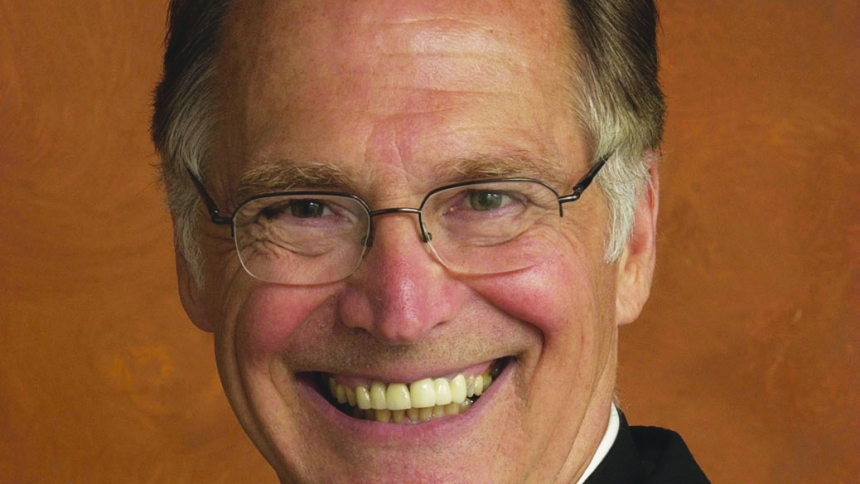
NAIROBI, Kenya (OSV News) - Church leaders in Congo cautiously welcomed a U.S.-brokered July 27 peace agreement to end a long-running conflict in the east of the country.
It came as an armed group known as M23 had gained ground in the eastern region. The rebel movement -- allegedly backed by Rwanda -- has seized large swathes of land in the east, including capturing Goma, the provincial capital of North Kivu, and Bukavu, the capital of South Kivu.
The movement is part of the more than 100 armed groups, some reportedly backed by foreign governments, that have fought deadly wars in eastern Congo. The wars have triggered one of the world's worst humanitarian crises in the mineral-rich region roughly the size of Western Europe.
The peace agreement "makes things easier for us … and then it makes me happy because it finally proves us right," Msgr. Donatien Nshole Babula, the general secretary of Congo's bishops' conference, told a news conference June 28. "
"We were criticized when we moved forward on the need to talk with everyone, including those who took up arms."
Analysts describe the pact as a turning point for the region battered by rebel war, and an example of one of the most serious international attempts to solve the eastern Congo crisis, away from army boots on the ground.
But just 72 hours after its signing, fresh fighting between M23 and the Congolese army was reported in the eastern part of the country. The fighting broke out after M23 accused the armed forces of shooting down a civilian plane transporting humanitarian aid to Minembwe in South Kivu.
The army confirmed the incident and said it had shot down an unidentified aircraft that had violated the Congolese airspace and territory, but M23 claimed the plane was delivering food and essential medicines to displaced communities.
Despite the action being described as a violation of the Washington peace pact, church leaders hope the deal will hold.
Months before it was agreed, Congolese church leaders had engaged in shuttle diplomacy, meeting both the rebel leaders and the government officials in Congo.
Shuttle diplomacy is when a party, either a country representative or a third party, engages in discussions between two or more countries -- in this case between the government and the rebels -- by talking to parties involved, carrying messages and suggesting ways of dealing with problems.
"We were called traitors, and now I believe, since the Congolese have engaged in this agreement, it shows the faiths (church leaders) were right," Msgr. Babula said.
Asked to speak on the latest development and the Washington agreement on July 1, he declined to comment.
Catholic and Protestant churches were also working for peace through the "Social Pact for Peace and Living Together in the Democratic Republic of the Congo and the Great Lakes Region," an initiative the denominations launched in January to end the cycle of violence in the region.
The pact signed in Washington mandates, among other requirements, the respect of territorial integrity for both Rwanda and Congo and prohibits the support for hostile acts or armed groups. It also calls for peaceful resolution of disputes, the protection of civilians, and asks the parties to facilitate a safe return of refugees and internally displaced people.
The parties are also required to create an enabling environment to deliver emergency relief and guarantee free, safe and unimpeded access by humanitarian agencies to displaced populations.
Meanwhile, the agreement is being welcomed with some reservations, as some leaders question if there was a hidden agenda.
But a Congolese Catholic priest who sought anonymity told OSV News that at this point, what Congolese people needed was lasting peace.
"So whatever can bring peace is welcome," he said. "But this peace is coming with costs. The cost might this time be selling the mineral at a cheap price."
The priest said the Congolese government was weak, and the agreement may have been imposed on it, with minerals being the focus.
"I am suspicious. What do you do with all these rebels?" he asked. "We have seen many of these agreements, which did not last. Let's hope it will last because the people have suffered for a long time," he said.
Caption: U.S. President Donald Trump, Secretary of State Marco Rubio and Vice President JD Vance pose with Rwanda's Foreign Minister Olivier Nduhungirehe, far left, and Democratic Republic of the Congo's Foreign Minister Therese Kayikwamba Wagner, far right, during the signing of a peace agreement in the Oval Office at the White House in Washington June 27, 2025. (OSV News photo/Ken Cedeno, Reuters)



